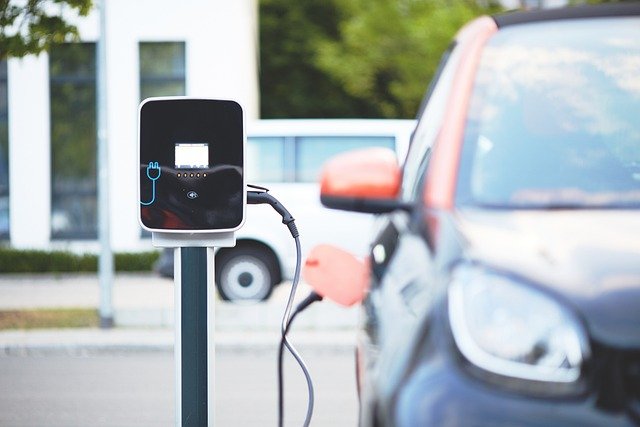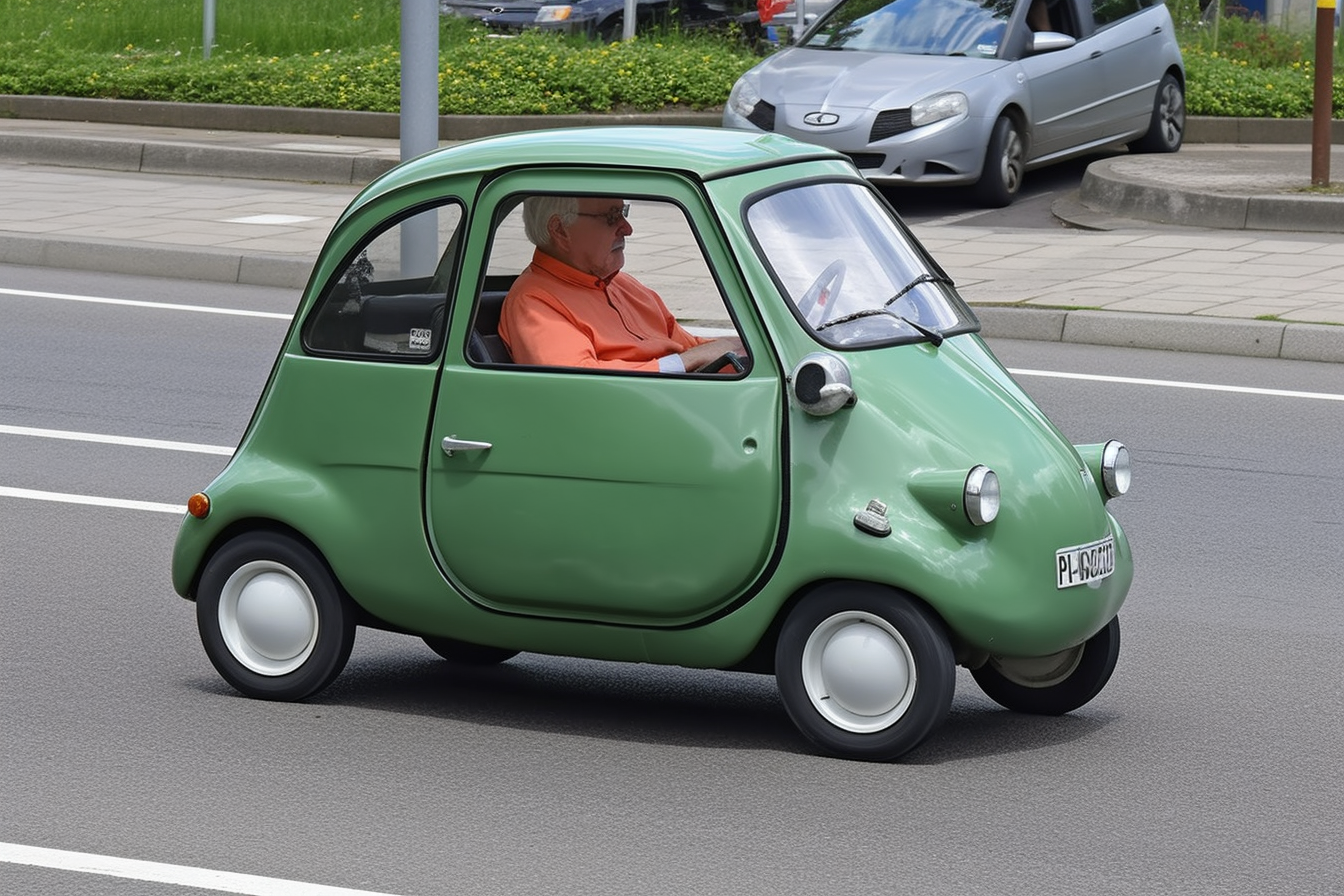Home Electric Car Charger Guide: Speed and Installation
Electric vehicle ownership is surging across the UK, making home charging solutions more important than ever. Installing the right electric car charger for home use eliminates range anxiety and ensures your vehicle is ready for daily commutes. With various charging speeds and installation options available, understanding your choices helps you make an informed decision that suits both your vehicle and lifestyle needs.

What Makes an Electric Car Charger for Home Ideal?
Home electric vehicle charging offers unparalleled convenience and cost savings compared to public charging networks. A dedicated home charging point typically provides faster charging speeds than standard three-pin plugs while offering enhanced safety features. Most home chargers connect directly to your electrical supply and can be programmed to charge during off-peak electricity hours, reducing energy costs significantly.
Modern home chargers include smart features such as smartphone connectivity, scheduling capabilities, and energy monitoring. These systems integrate seamlessly with home energy management, allowing you to track consumption patterns and optimise charging times. Weather-resistant designs ensure reliable operation throughout British weather conditions, while built-in safety mechanisms protect both your vehicle and electrical system.
Finding the Fastest Electric Car Charger for Home Use
The fastest electric car charger for home installation typically operates at 7kW or 22kW, depending on your vehicle’s capabilities and electrical supply. Single-phase connections support up to 7kW charging, providing approximately 25-30 miles of range per hour of charging. Three-phase electrical supplies accommodate 22kW chargers, delivering roughly 75-90 miles of range hourly, though fewer residential properties have three-phase connections.
Charging speed ultimately depends on your vehicle’s onboard charger capacity, which varies between models. Tesla Model 3 accepts up to 11kW, while many family hatchbacks limit charging to 7kW or less. Installing a higher-capacity charger future-proofs your setup for potential vehicle upgrades while ensuring maximum charging efficiency for current needs.
Understanding Level 2 EV Chargers for Home Charging
Level 2 EV chargers for home charging represent the optimal balance between charging speed and installation requirements. These units operate on 240V AC power and typically deliver between 3.7kW and 22kW charging rates. Unlike Level 1 charging through standard domestic plugs, Level 2 systems require dedicated electrical circuits and professional installation for safety compliance.
Installation involves mounting the charging unit on an external wall or garage, connecting to your consumer unit through appropriate cabling and protection devices. Most installations qualify for government grants through the Electric Vehicle Homecharge Scheme, reducing upfront costs significantly. Professional electricians ensure compliance with current wiring regulations and provide necessary certification for warranty protection.
Installation Requirements and Electrical Considerations
Home charger installation requires adequate electrical capacity and appropriate positioning near your parking area. Your property’s electrical supply must accommodate the additional load without overloading existing circuits. Older properties might need consumer unit upgrades or supply reinforcement before installation proceeds.
Professional installers conduct electrical surveys to determine compatibility and recommend suitable charging solutions. Installation typically takes 2-4 hours and includes mounting the charging unit, running appropriate cabling, installing protection devices, and configuring smart features. Many installers provide ongoing maintenance packages and technical support for optimal long-term performance.
Cost Analysis and Leading Provider Comparison
Home electric vehicle charger costs vary significantly based on charging capacity, smart features, and installation requirements. Understanding pricing helps budget appropriately for your charging solution.
| Provider | Charger Model | Power Output | Estimated Cost |
|---|---|---|---|
| Pod Point | Solo 3S | 7kW | £800-£1,200 |
| Ohme | Home Pro | 7kW | £900-£1,300 |
| Zappi | Myenergi Zappi | 7kW | £850-£1,250 |
| Wallbox | Pulsar Plus | 7.4kW | £700-£1,100 |
| Anderson | A2 Smart | 7kW | £750-£1,150 |
Prices, rates, or cost estimates mentioned in this article are based on the latest available information but may change over time. Independent research is advised before making financial decisions.
Installation costs typically add £300-£800 to total expenses, depending on electrical work complexity and cable run distances. Government grants can reduce costs by up to £350, making home charging more accessible for eligible applicants.
Maintenance and Long-term Considerations
Regular maintenance ensures optimal performance and longevity of your home charging system. Annual inspections by qualified electricians identify potential issues before they become costly problems. Most manufacturers provide warranties covering defects and performance issues for 2-3 years from installation.
Smart charging capabilities help manage electricity costs through time-of-use tariffs and grid balancing services. Some energy suppliers offer special EV tariffs with significantly reduced overnight rates, maximising savings potential. Future developments in vehicle-to-grid technology may allow your car to sell energy back to the grid, creating additional revenue streams.
Home electric vehicle charging transforms EV ownership by providing convenient, cost-effective refueling at your doorstep. Selecting appropriate charging capacity, ensuring professional installation, and understanding ongoing costs creates a reliable charging solution that enhances your electric vehicle experience while supporting the transition to sustainable transport.




